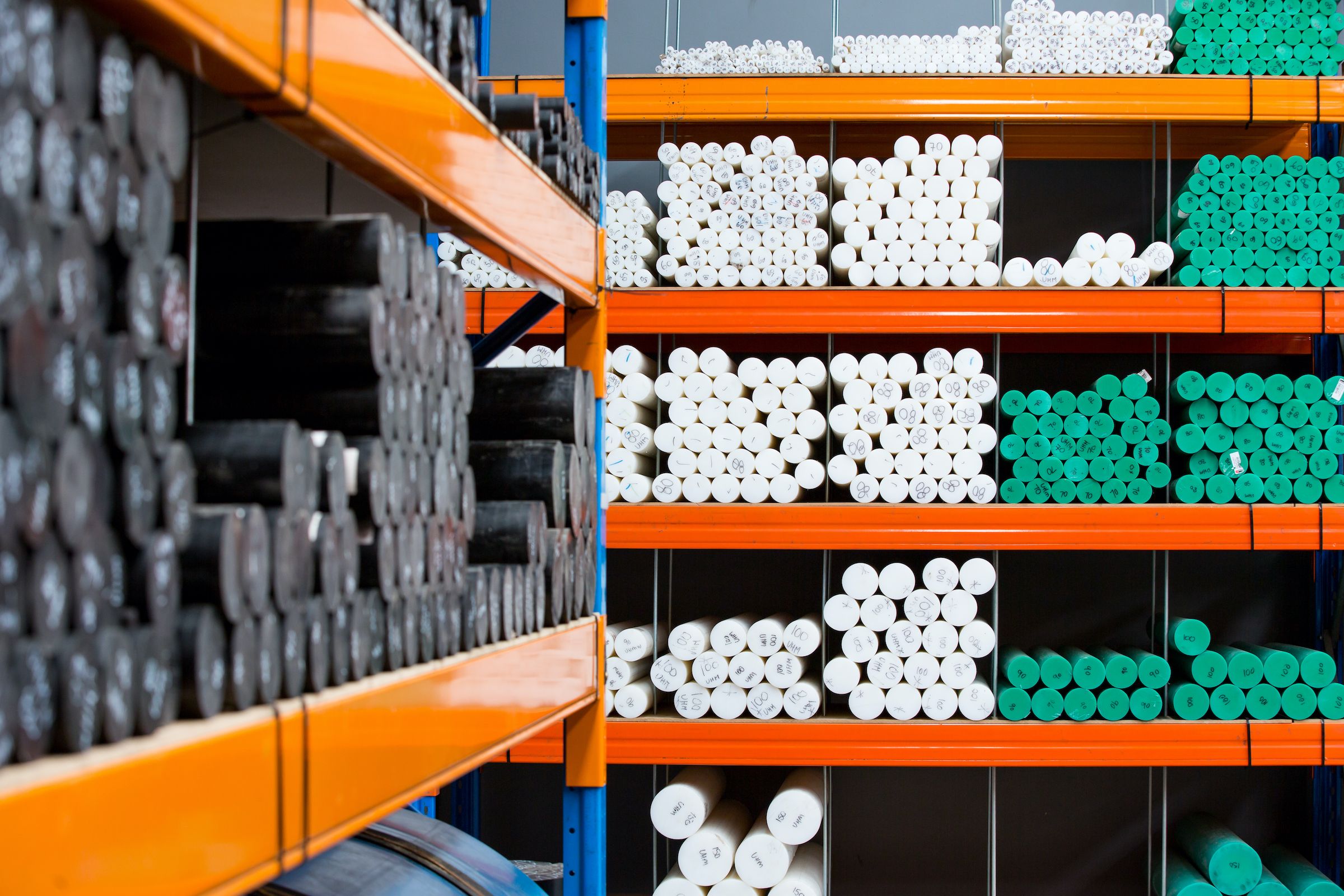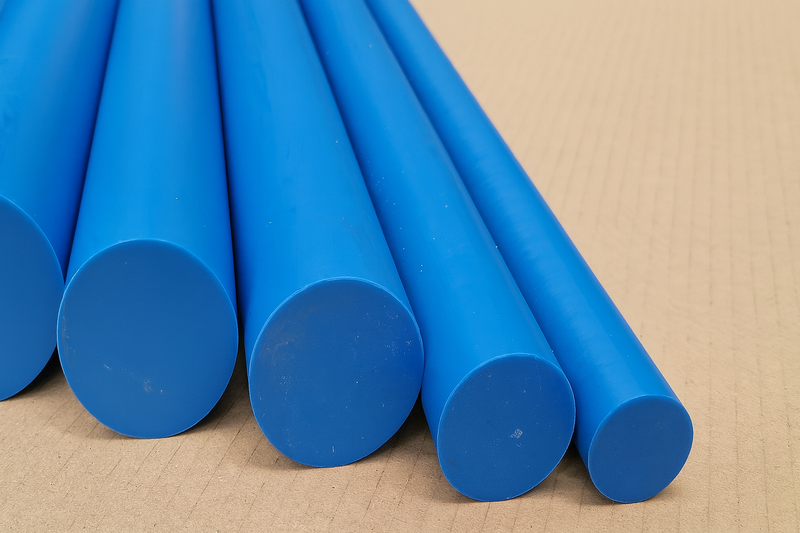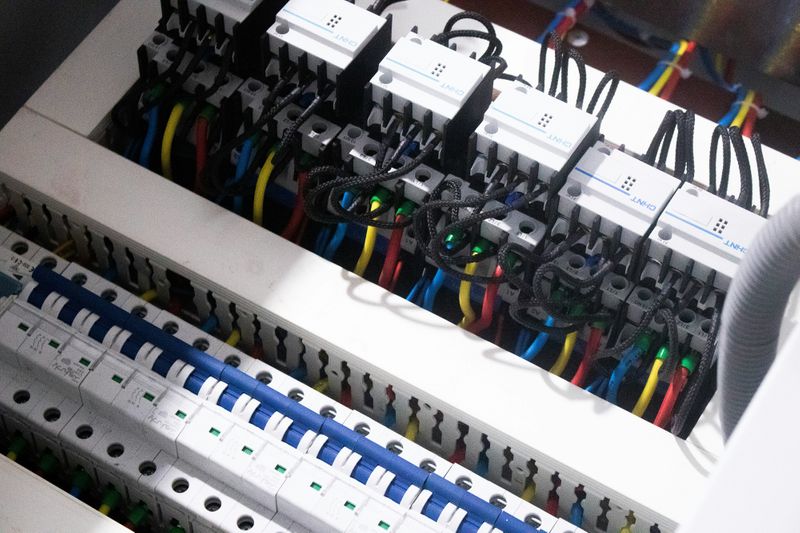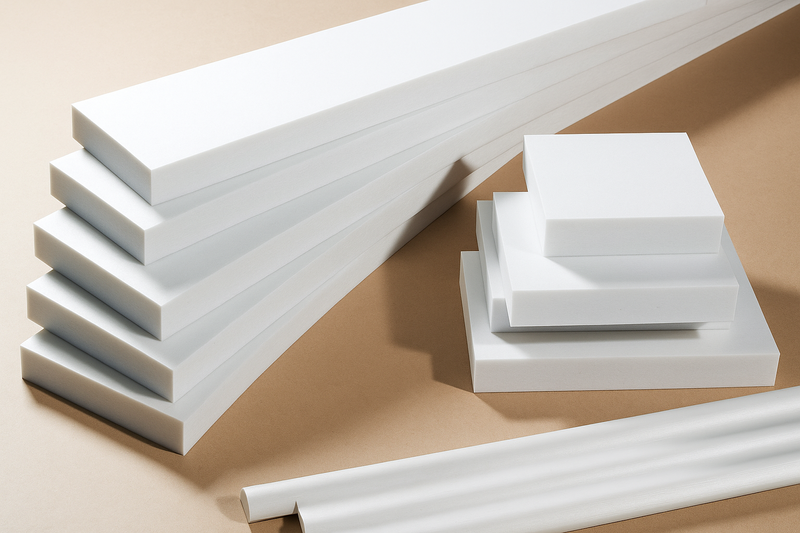At a glance
- Engineering plastics are replacing other materials with their durability, resistance to wear, and adaptability across industries.
- These plastics are solving industry-specific challenges, from hygienic, non-stick solutions in food processing to UV- and moisture-resistant materials in agriculture.
- Engineering plastics reduce equipment wear, minimise maintenance, and offer quieter, more efficient operations in mining, transport, and heavy-duty industry.
- Medical and pharmaceutical sectors rely on plastics like PTFE and PEEK for sterilisation-friendly, precise, and chemically resistant parts that ensure safety and compliance.
Australia's industries are becoming increasingly competitive, and hence, they demand materials that offer strength and durability while being very adaptable. That said, there are only limited options available that offer it all.
Engineering plastics have established themselves as ideal materials for a wide range of industries. These advanced polymers are quickly replacing traditional materials like metals, wood, and other materials thanks to their impressive properties, including resistance to wear, moisture, and some chemicals.
As a result, their adoption is increasing exponentially. Research and Market reports show that the Australian Engineering Plastics Market was USD 532.59 million in 2024 and is expected to reach USD 706.15 million by 2029. This shows growth at a Compound Annual Growth Rate of 5.80% during the forecast period (2024-2029).
As a leading engineering plastics supplier in Australia, we will use this blog to help you understand how engineering plastics are making their mark in diverse industries.
Food Processing & Packaging
Engineering plastics have found their way into industries where hygiene is non-negotiable, like food processing and packaging. This raises the question of whether engineering plastics are safe for food-grade use. The answer is yes.
Engineering plastics like HDPE, Polyethylene Terephthalate (PET), and Polypropylene (PP), when manufactured under strict conditions, are food-grade.
Non-stick, food-safe, and easy to clean, plastics like HDPE and PTFE are ideal for cutting boards, food containers, and bottles of water, soda, or juice. But why use plastics instead of the alternatives? These materials prevent contamination, resist moisture, and extend equipment life.
Additionally, their low-friction surfaces help maintain fast and efficient production lines while meeting stringent food safety standards. A conveyor belt is a great example of where low-friction engineering plastics are applied in the food industry. All in all, engineering plastics are safe, clean, and ideal for the food industry.
Agriculture
In the agriculture industry, it is common for the equipment to come across extreme weather, abrasive materials, and exposure to moisture. When other materials like metals are used in such conditions, there is a high chance of contamination and damage. On the one hand, metal requires constant repair and maintenance. On the other hand, factors like contamination can even bring legal trouble.
These factors can be an additional headache for farmers and others involved in agriculture. That said, engineering plastics are a great solution to this problem. Engineering plastics such as UHMWPE and Cast Nylon are commonly used for wear plates, guides, and harvesting components. Their excellent resistance to UV and moisture makes them ideal for the agriculture industry.
All in all, with the right engineered plastics, individuals in the agriculture industry can focus on their operations without any additional burden.
Mining and Heavy-Duty Industry
Mining and heavy-duty industry are some of the harshest environments to work in, and these conditions can damage equipment and vehicles. That said, engineering plastics provide much-needed resilience in such operations. Bulk materials handled in the mining industry can easily damage equipment, especially if it is made from metal. When moist or abrasive materials come in contact with metal, they can rust or degrade the equipment or machinery parts.
Applications of UHMWPE bed liners and Cast Nylon bushings help reduce wear and tear on expensive mining equipment. Their superior abrasion resistance and low-friction properties mean less downtime, reduced maintenance, and extended equipment lifespan.
Beyond wear resistance, these plastics offer noise and vibration reduction, which improves operator comfort and extends the life of surrounding components by minimising mechanical stress and fatigue.
Transport and Logistics
Lightweight and durable materials are essential for transport systems that move millions of goods daily. As a result, engineering plastics such as UHMWPE and Acetal have become the preferred choice. They are used in conveyor guides and wear strips to minimise friction and ensure smooth operations.
In addition, their toughness and dimensional stability allow for quieter, more reliable systems that contribute to lower energy costs and improved safety.
Furthermore, their low wear rates and high load-bearing capabilities make them perfect for automated sorting systems and material handling solutions.
Medical and Pharmaceutical
Medical and pharmaceutical industries demand materials that ensure cleanliness, precision, and chemical resistance. That said, only a few options can tick all the boxes to be ideal materials for these industries. One of them is engineering plastics like PTFE and PEEK, which meet strict regulatory standards while delivering excellent thermal and chemical resistance.
Engineering plastics have been used in lab equipment and valves, surgical instruments, and pharmaceutical processing components for some time now. Their use and adoption have been increasing rapidly.
These materials are trusted in environments where even a minor failure or mistake can have a severe impact. Their ability to withstand sterilisation processes without degrading makes them indispensable for maintaining hygiene and ensuring patient safety.
Why Choose ePOL for Your Engineering Plastics Needs
ePOL stands at the forefront of supplying premium engineering plastics to Australian industries. Here's why businesses continue to choose ePol for engineering plastic needs. First and foremost, ePOL offers free delivery nationwide for all orders over $150, excluding GST, making supply simple and cost-effective.
Likewise, we have something for every industry. Our extensive material range includes PTFE Rods and Sheets, UHMWPE, Cast Nylon, and many more, tailored to various industrial needs. ePol offers expert support and tailored solutions, ensuring you select the right materials for your application with confidence.
The bottom line is that engineering plastics have undeniably revolutionised modern industry. And judging by the momentum, it shows no signs of slowing down anytime soon.
With a comprehensive selection of high-quality products and expert support, ePOL is your trusted partner in navigating the world of advanced engineering plastics. Explore ePol’s full product range through our easy-to-use online portal, or contact our team today to learn more about engineering plastics and their use in your industry.








